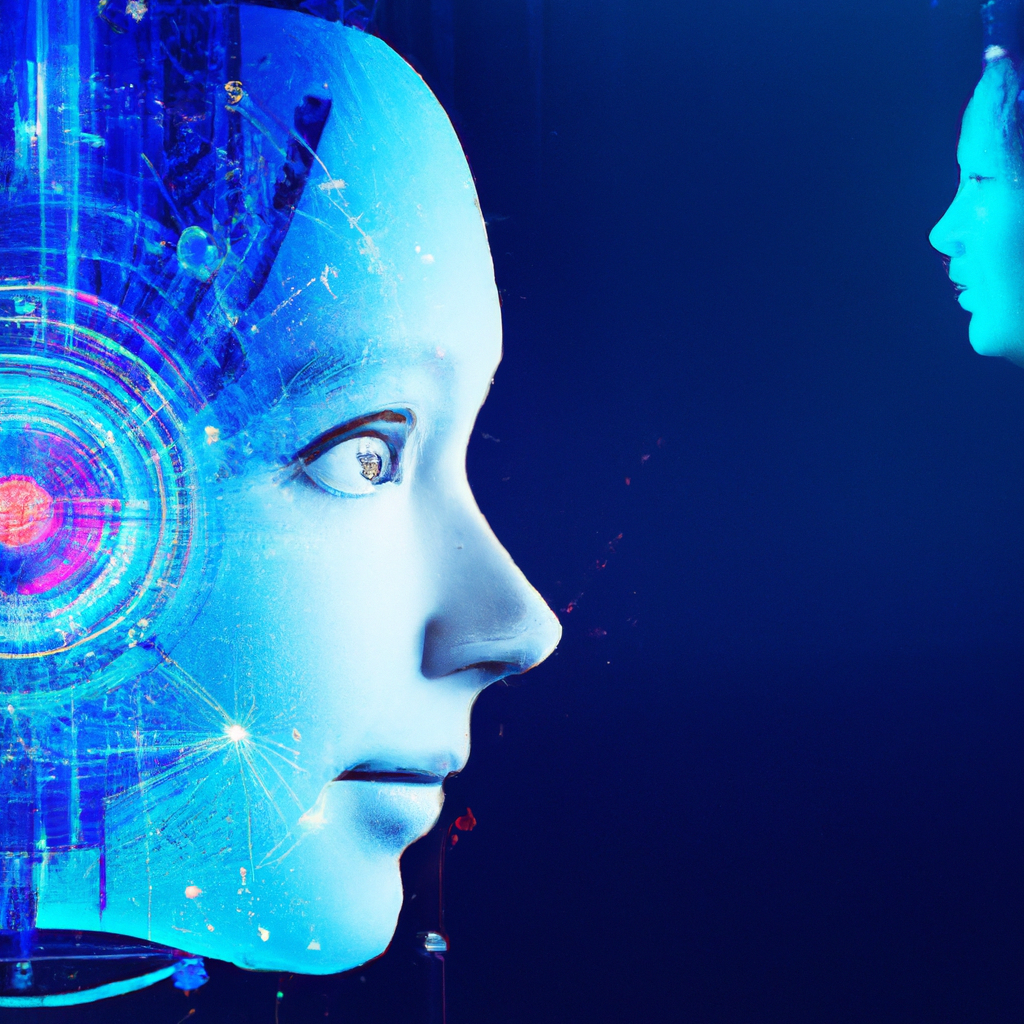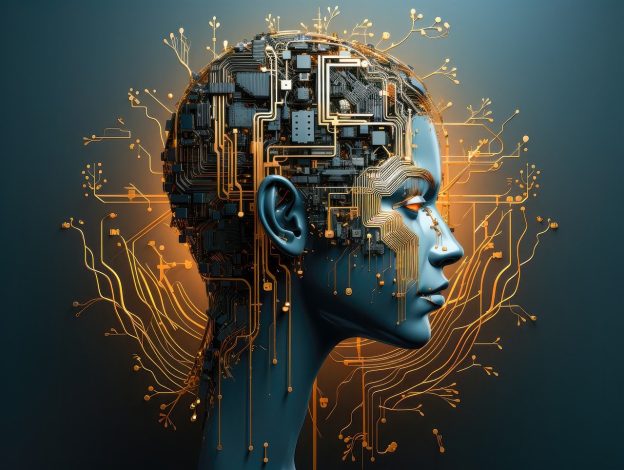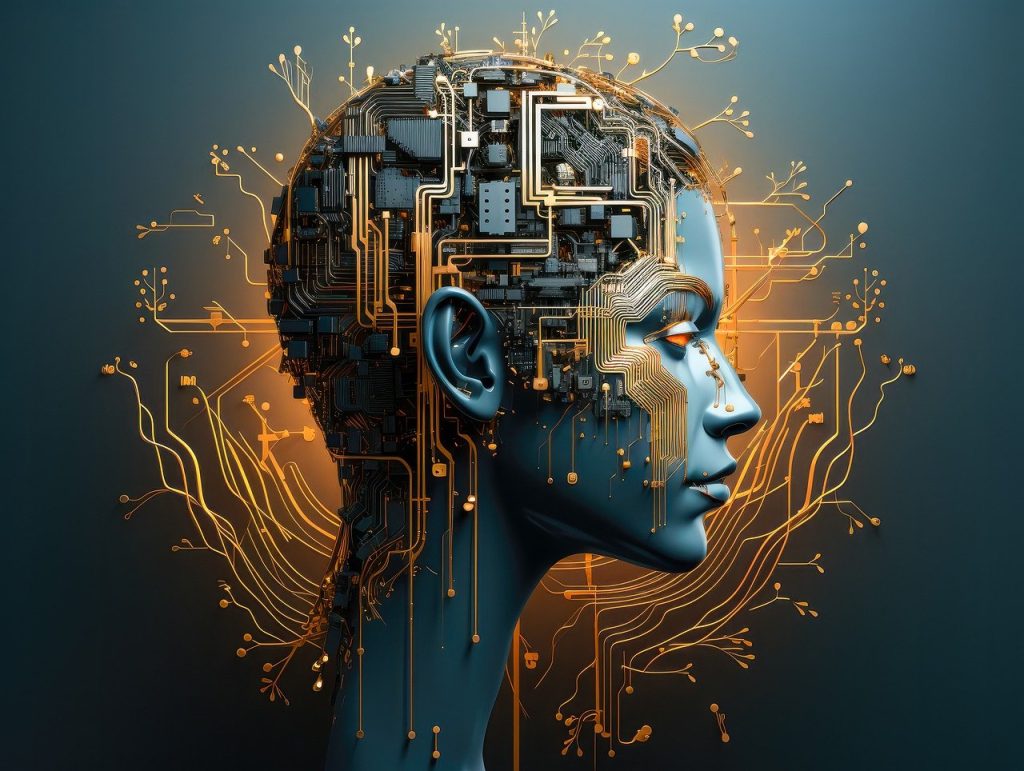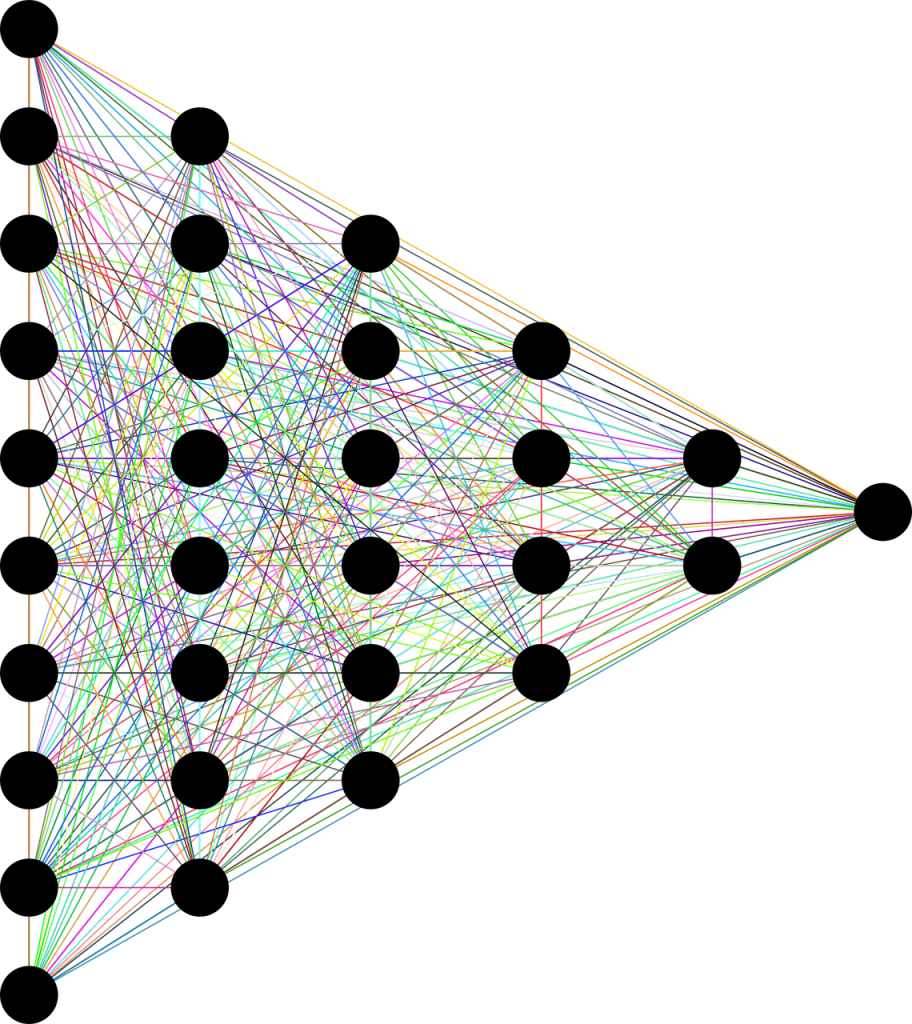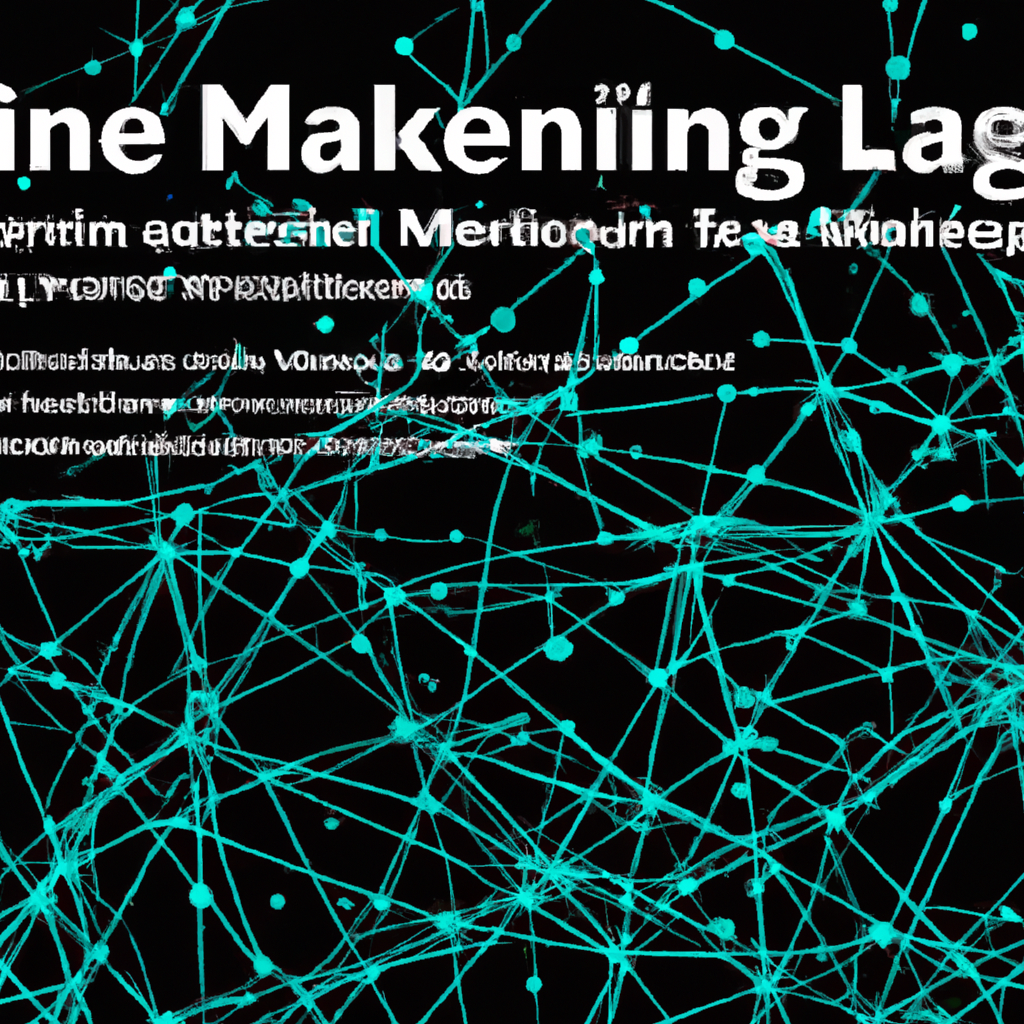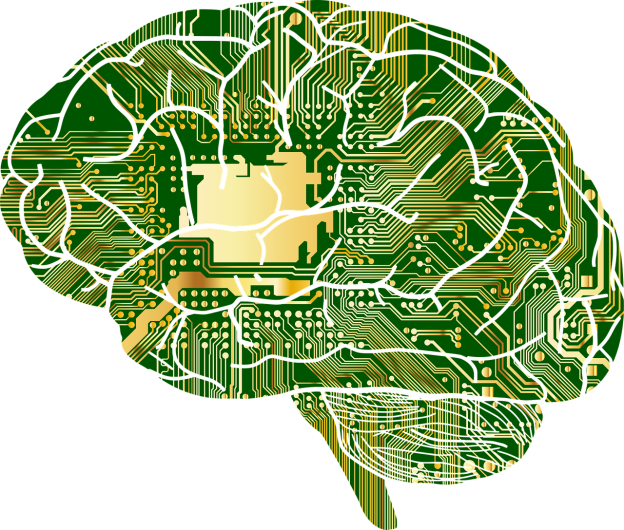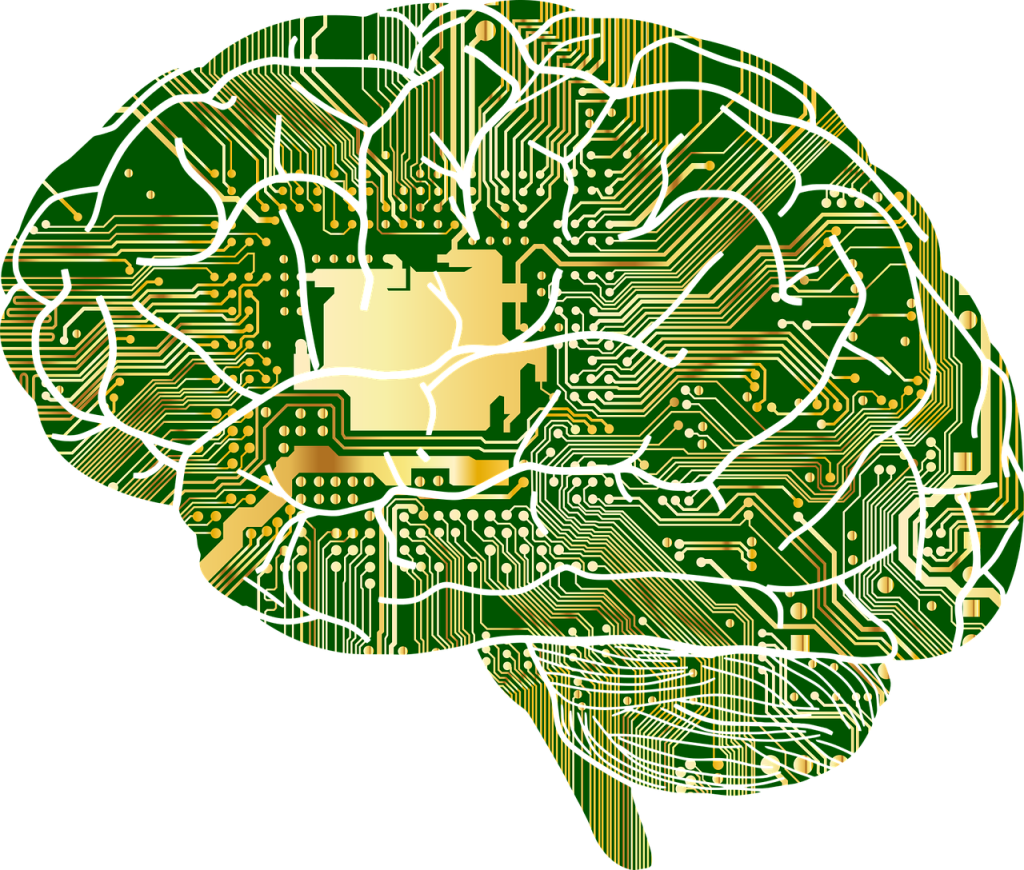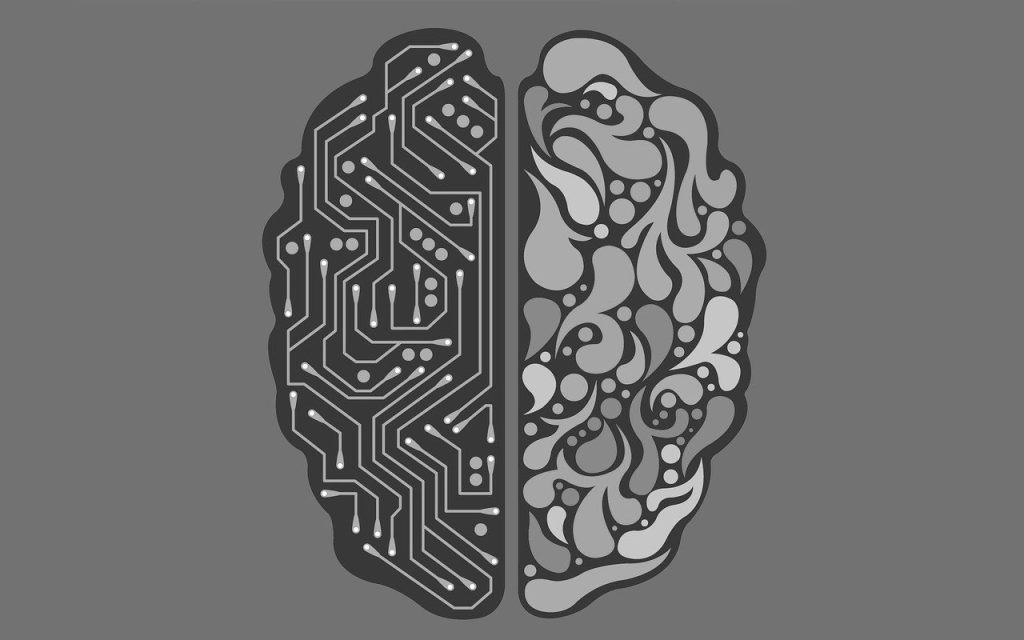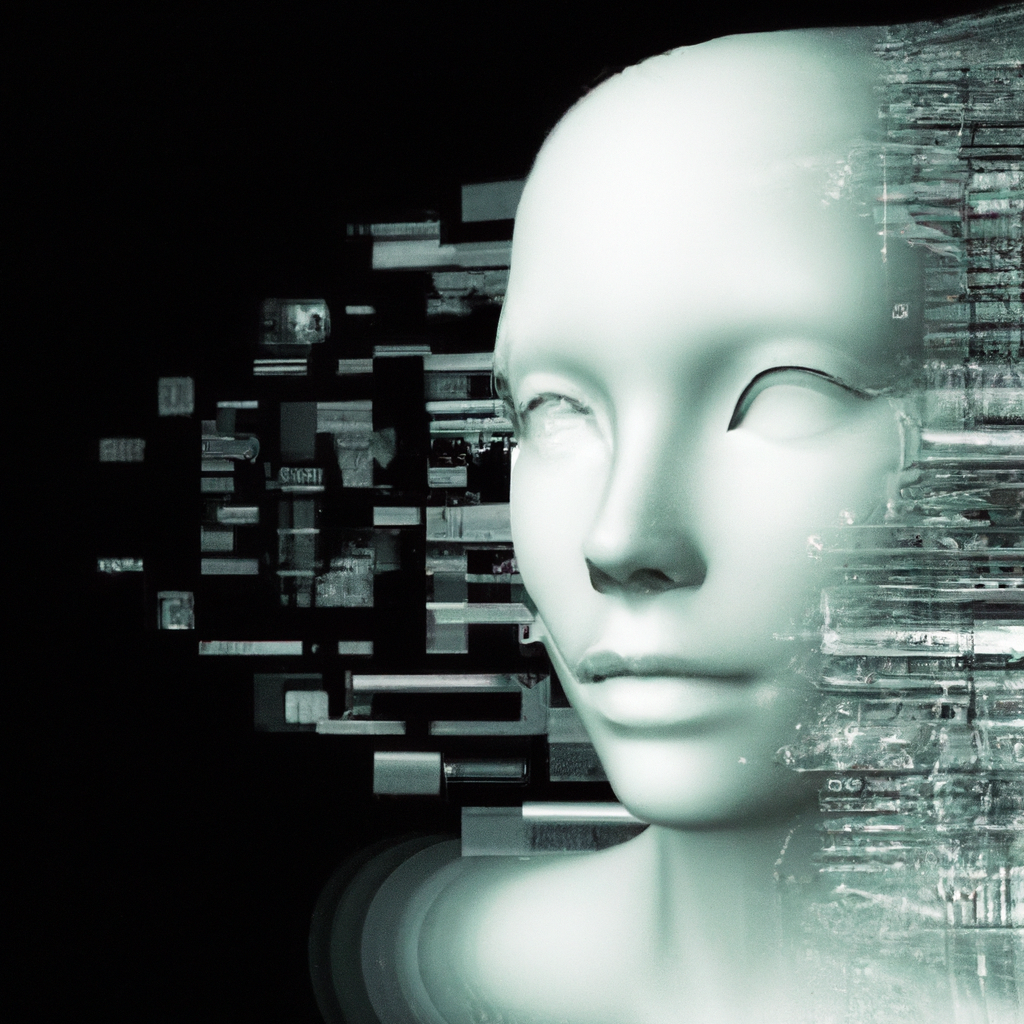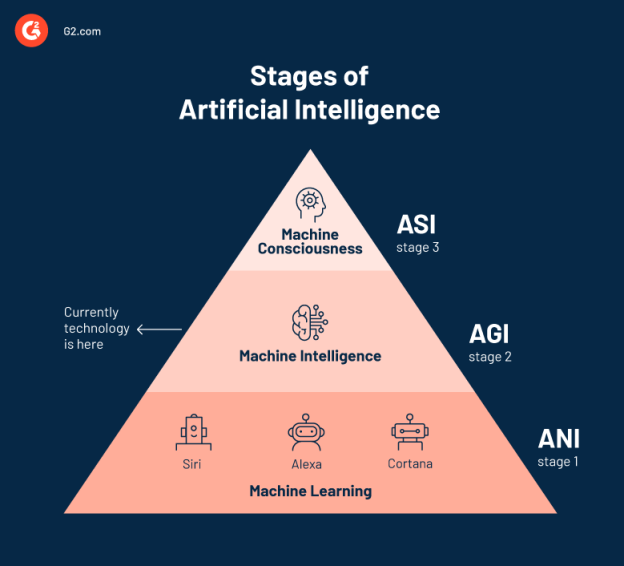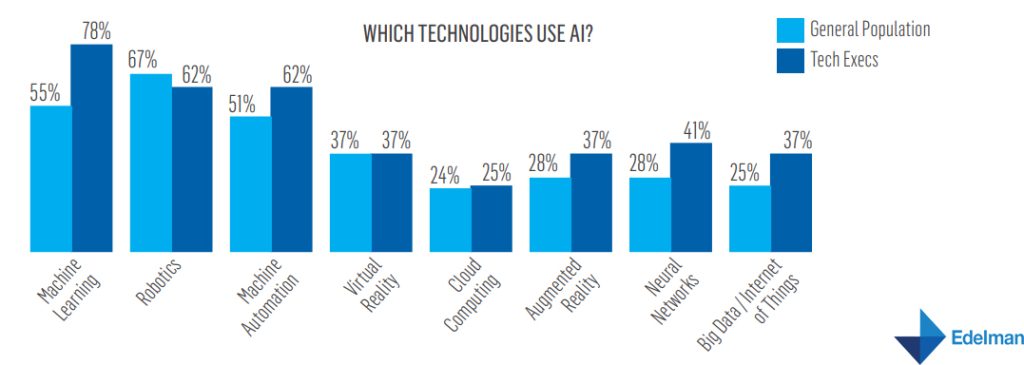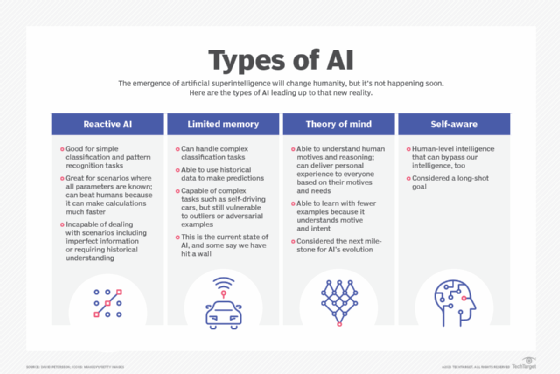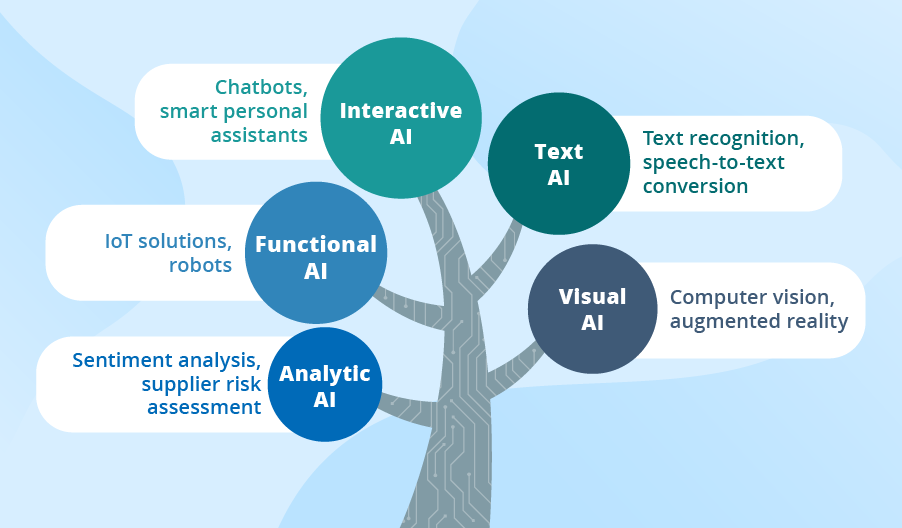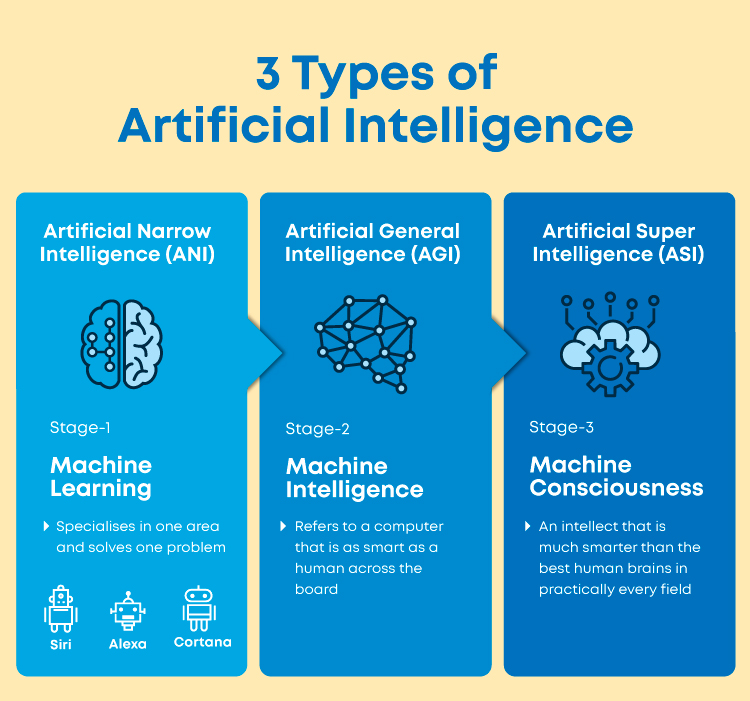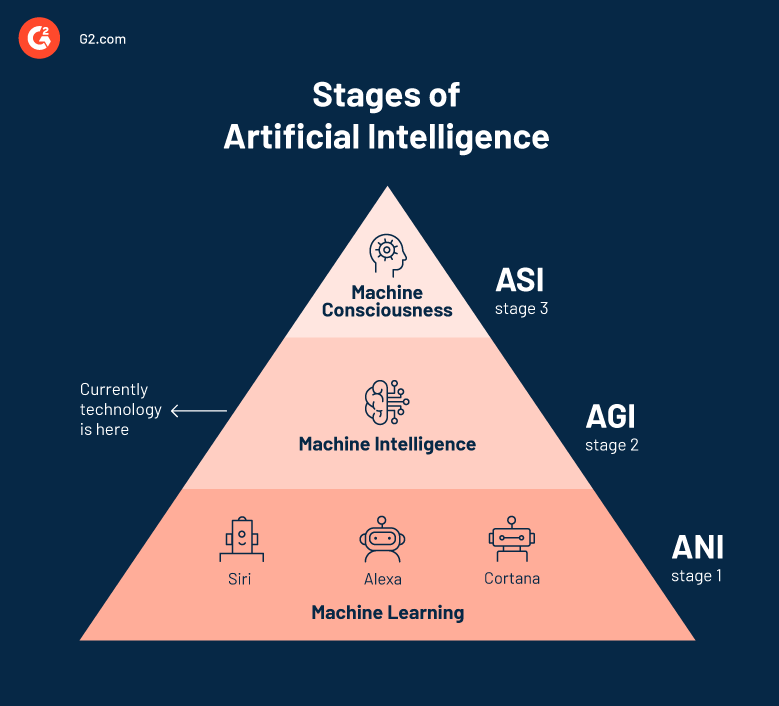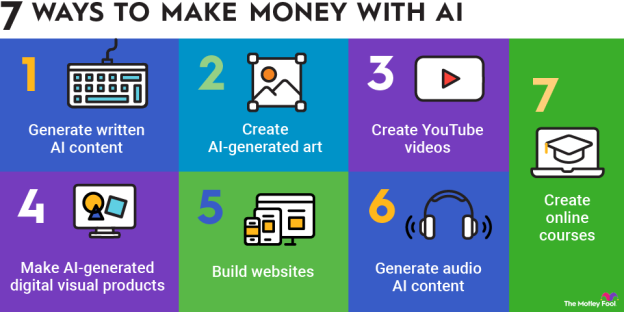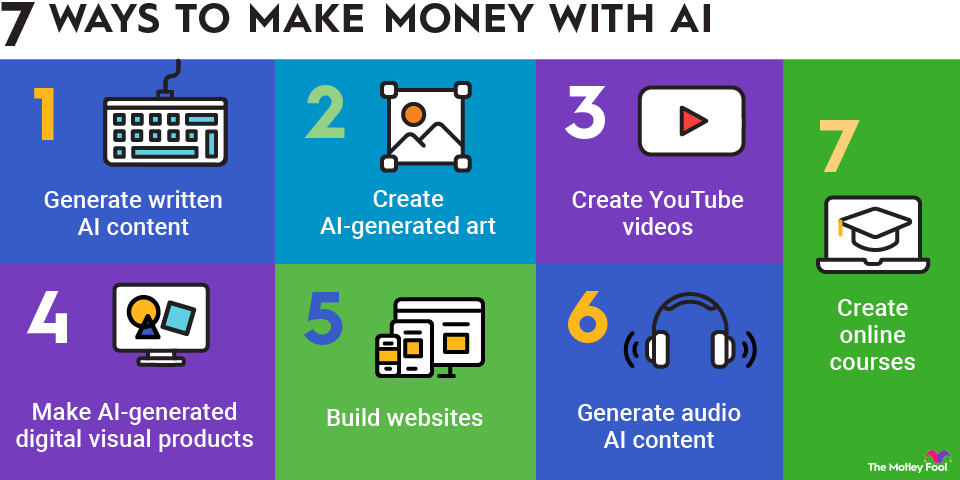So, you’ve probably heard about artificial intelligence (AI) being used in various industries, but have you ever wondered how it’s being incorporated into marketing? Well, AI has taken the marketing world by storm and is revolutionizing the way businesses connect with their target audience. AI-powered tools are being utilized to enhance customer experiences, optimize advertising campaigns, and improve data analytics. With the growing importance of personalization and automation in marketing, it’s no surprise that an increasing number of marketers are turning to AI to gain a competitive edge. But just how many marketers are actually using AI? Let’s find out.
How many marketers use AI?
AI has become an increasingly popular tool in the marketing world, providing businesses with powerful capabilities to automate tasks, gain insights, and optimize their strategies. According to recent studies, a significant number of marketers have already adopted AI in their operations. In fact, research conducted by Salesforce revealed that around 84% of marketers are already using AI in some form. This impressive statistic demonstrates the growing recognition of AI’s potential in marketing and highlights its importance in today’s competitive landscape.
Benefits of AI in Marketing
Improving efficiency and productivity
One of the key advantages of incorporating AI into marketing strategies is its ability to enhance efficiency and productivity. By automating repetitive tasks, such as data analysis, reporting, and campaign management, AI-powered tools allow marketers to focus their time and energy on more strategic and creative initiatives. This not only streamlines operations but also frees up valuable resources for experimentation and innovation.
Enhancing personalization and customer experience
AI has revolutionized the way marketers approach personalization and customer experience. With access to vast amounts of data, AI-powered tools enable businesses to analyze customer behavior, preferences, and purchasing patterns in real-time. This valuable insight allows marketers to create highly targeted and relevant campaigns that resonate with individual customers on a more personal level. For instance, AI-powered recommendation engines can suggest products or content based on a user’s previous interactions, leading to greater customer satisfaction and increased conversions.
Optimizing ad targeting and campaign performance
Another significant advantage of AI in marketing is its impact on ad targeting and campaign performance optimization. By utilizing machine learning algorithms, AI systems can analyze large datasets to identify patterns and trends, enabling marketers to target their advertisements more precisely. This not only increases the likelihood of reaching the right audience but also helps in allocating budgets more efficiently. Additionally, AI can continuously analyze campaign data and make real-time adjustments, optimizing performance and maximizing return on investment.
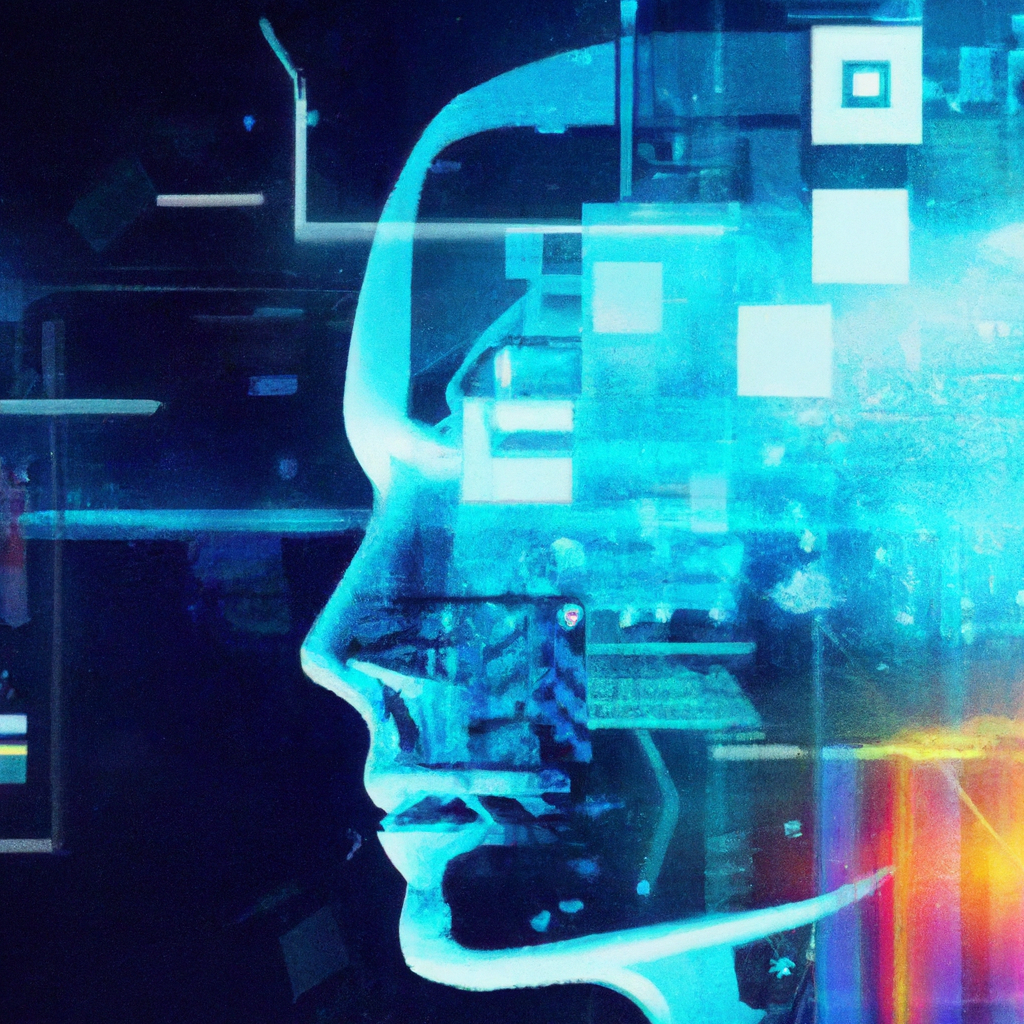
Applications of AI in Marketing
Predictive analytics and lead scoring
AI-powered predictive analytics has transformed the way marketers approach lead generation and scoring. By leveraging historical customer data and utilizing machine learning algorithms, AI can predict the likelihood of a lead converting into a customer. This allows marketers to focus their efforts on leads that are most likely to convert, saving time and resources. Additionally, AI can analyze customer data to identify patterns and trends, providing valuable insights for strategic decision-making.
Chatbots and virtual assistants
AI-powered chatbots and virtual assistants have become commonplace in customer service and support. These intelligent systems use natural language processing and machine learning to understand and respond to customer inquiries in real-time. By providing instant and accurate responses, chatbots can enhance customer experience and streamline communication. Moreover, chatbots can also collect valuable customer data, enabling businesses to gain insights into customer preferences, pain points, and needs.
Content creation and curation
AI has also revolutionized the way marketers approach content creation and curation. With tools like natural language generation, AI systems can automatically generate human-like content based on predefined parameters. This can be particularly useful in generating personalized emails, product descriptions, or even blog posts. Additionally, AI-powered content curation tools can sift through vast amounts of information to identify relevant content for specific target audiences, saving marketers time and effort in manual research.
AI-powered Customer Segmentation
Customer segmentation is a key aspect of successful marketing campaigns, and AI has significantly improved this process. By analyzing vast amounts of customer data, AI-powered systems can identify meaningful segments based on demographics, browsing behavior, purchase history, and other relevant factors. This leads to more accurate targeting, allowing marketers to tailor their campaigns to specific audience segments. Resultantly, businesses can achieve higher engagement rates, better conversion rates, and improved customer satisfaction.

AI-powered Email Marketing
Email marketing is a powerful tool for businesses to connect with their customers, and AI has added another layer of effectiveness to this strategy. AI-powered email marketing platforms can utilize machine learning algorithms to analyze customer behavior, preferences, and interactions with previous emails. This analysis allows marketers to create more personalized and targeted email campaigns, leading to higher open rates, click-through rates, and overall engagement. Additionally, AI can also automate the email sending process, optimizing send times and frequency for the best results.
AI-powered Social Media Marketing
Social media marketing has become an integral part of many marketing strategies, and AI has proven to be highly beneficial in this domain. AI-powered social media analytics tools can analyze large volumes of social media data in real-time, providing insights into audience sentiment, engagement levels, and trending topics. This information allows marketers to tailor their social media content and engage with their audience more effectively. AI can also assist in automated content scheduling, social listening, sentiment analysis, and even social media ad targeting.
AI-powered Search Engine Optimization
Search engine optimization (SEO) plays a crucial role in improving a website’s visibility and attracting organic traffic. AI-powered SEO tools can analyze search patterns, keyword trends, and user behavior to provide marketers with actionable insights to optimize their website and improve its ranking in search engine results. AI can also assist in generating keyword-rich content, improving meta tags, and suggesting on-page optimizations. Leveraging AI in SEO helps marketers stay ahead of competitors and maximize their online presence.
AI-powered Advertising and Campaign Management
AI has revolutionized advertising and campaign management by providing marketers with the ability to optimize campaigns in real-time. With AI-powered advertising platforms, marketers can automate and optimize ad creation, targeting, and bidding processes. By continuously monitoring campaign performance, AI systems can make data-driven decisions, adjusting ad placements, targeting parameters, and budget allocations for optimal results. This automation and optimization save both time and resources while ensuring that marketing efforts are focused on driving maximum impact.
Ethical Considerations with AI in Marketing
While AI offers significant benefits in marketing, it also raises ethical considerations that marketers must address. Three crucial aspects of ethical AI implementation in marketing are data privacy and security, transparency and explainability, and avoiding bias and discrimination.
Data privacy and security
As AI relies on large amounts of data, marketers must ensure the privacy and security of customer information. Marketers should adopt robust data protection measures, adhere to privacy regulations, and only collect and use data that is necessary for their marketing purposes. Implementing encryption, anonymization, and access controls can help safeguard customer data from unauthorized access or misuse.
Transparency and explainability
As AI systems make decisions and suggestions, it’s important for marketers to ensure transparency and explainability. Customers should have a clear understanding of how AI is being utilized by marketers, what data is being collected, and for what purposes. Marketers must be transparent in their communication and provide clear explanations regarding the use of AI, addressing any concerns or misunderstandings that customers may have.
Avoiding bias and discrimination
AI-powered systems can inadvertently perpetuate biases or discriminate against certain groups if not trained or monitored properly. Marketers need to be cautious and continually evaluate their AI systems to prevent bias or discrimination in their marketing practices. It is crucial to use diverse and representative datasets during AI training and implement ongoing monitoring and bias detection mechanisms to ensure fair and unbiased marketing decisions.
The Future of AI in Marketing
The future of AI in marketing looks promising, with advancements in technology continually pushing the boundaries of what is possible. As AI continues to evolve, marketers will have even more sophisticated tools at their disposal to enhance their strategies. AI is likely to play a more significant role in hyper-personalization, influencer marketing, voice search optimization, augmented reality, and other emerging marketing trends. Moreover, the integration of AI with other technologies like big data analytics and the Internet of Things (IoT) will unlock new opportunities for marketers to improve customer experiences and drive business growth.
In conclusion, AI has become an integral part of modern marketing practices, revolutionizing various aspects of the industry. From improving efficiency and personalization to optimizing ad targeting and campaign management, AI offers numerous benefits to marketers. As its applications continue to expand, it’s essential for marketers to navigate the ethical considerations associated with AI, ensuring data privacy, transparency, and avoiding bias. With the future of AI in marketing promising further advancements, marketers must stay ahead of the curve and embrace AI as a powerful tool to achieve their business objectives.



